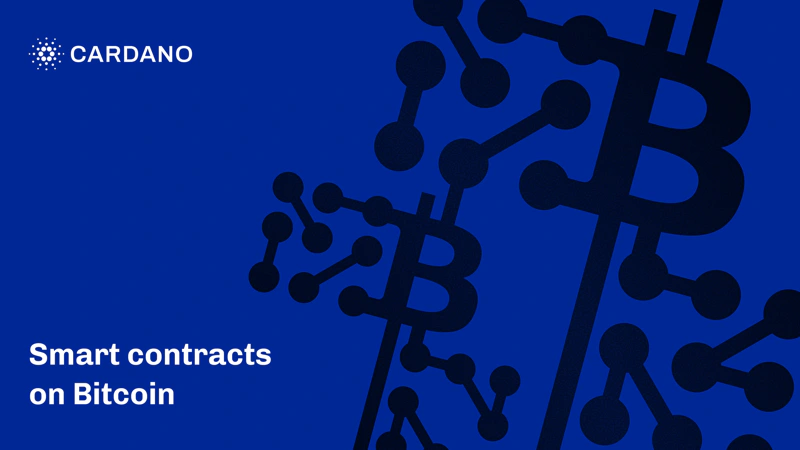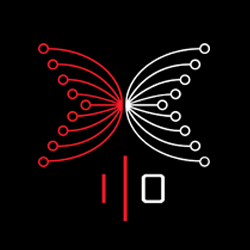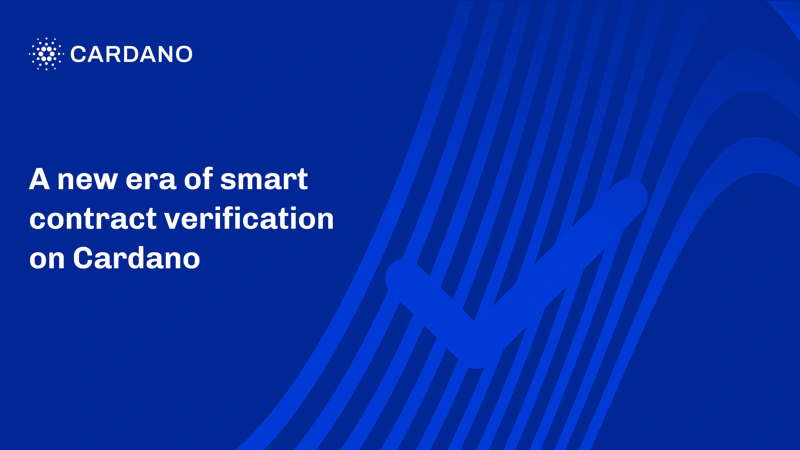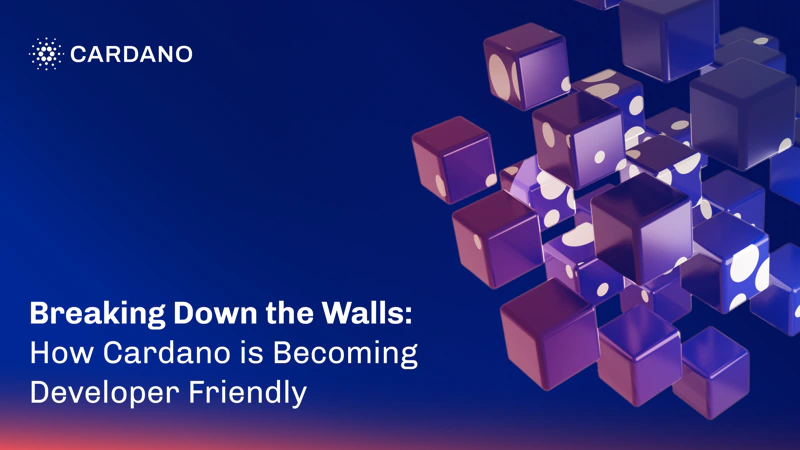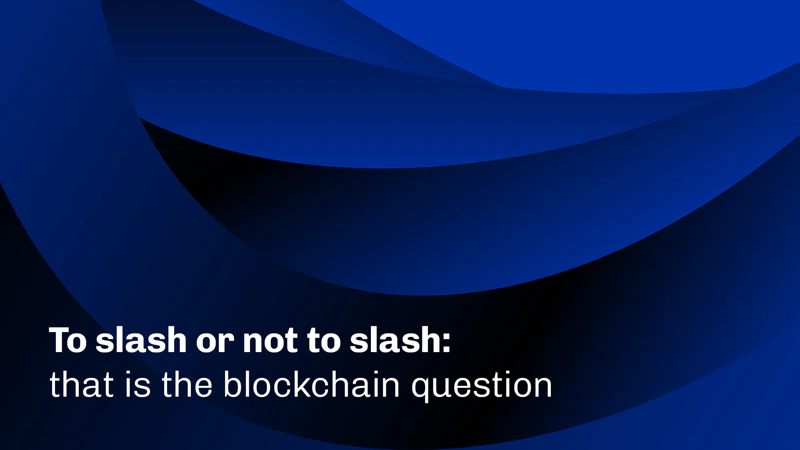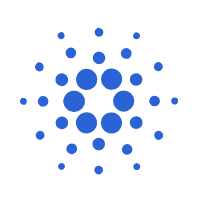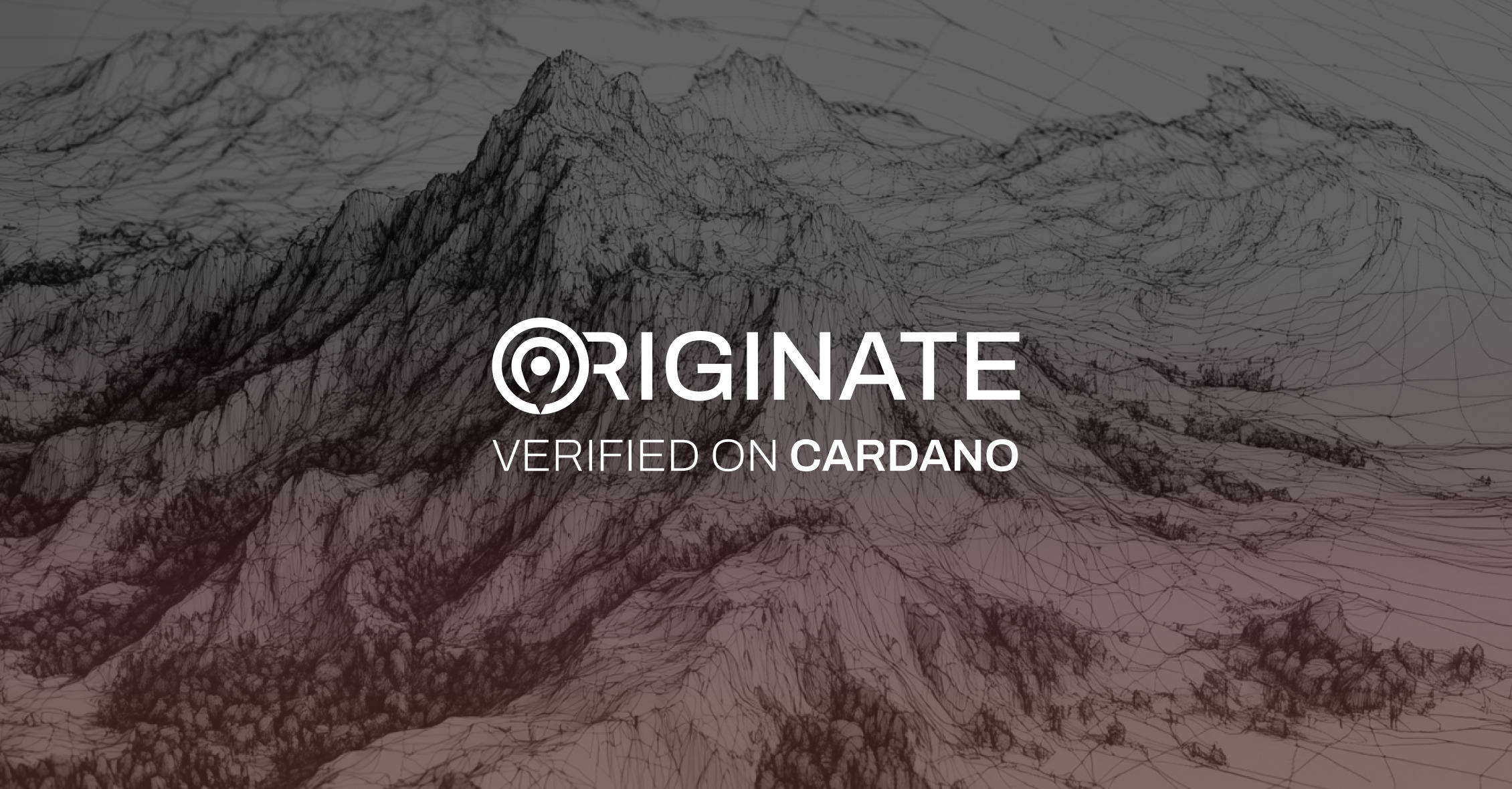Smart contracts on Bitcoin
In a blog post by Riley Kilgore on July 18, 2025, Input | Output (IO) introduced a novel toolset for bringing expressive smart contracts to Bitcoin. This is achieved through a new compilation pipeline that allows contracts written in modern languages like Python or TypeScript to run on Bitcoin without modifying the core protocol. The approach combines Untyped Plutus Core (UPLC), a CEK machine interpreter, and the RISC-V architecture.
